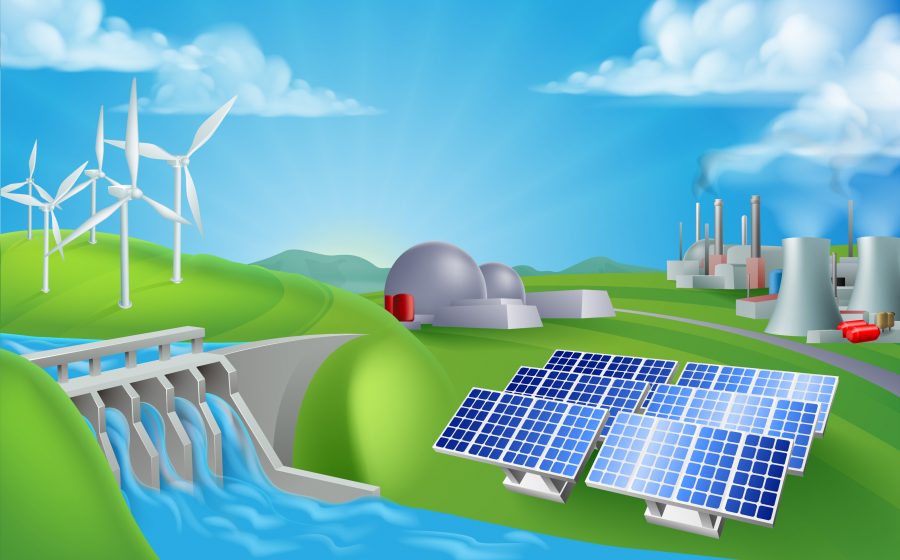<p style="text-align: justify;">Nuclear holds an immense potential in terms of energy production. Using a small amount of radioactive material as fuel, nuclear power plants can produce more energy than thermal power plants that require ship-loads of coal. Due to the amount of energy produced, nuclear energy remains cost competitive. Because the amount of fuel is very small, fuel costs are a much smaller proportion of the entire generating costs. It is true that the cost of decommissioning and waste disposal can be higher with nuclear power plants. However, the overall cost effectiveness is still much better. Nuclear energy remains competitive with various fossil fuel options, such as gas and coal. The environmental and health costs of fossil fuels,</p>
<p style="text-align: justify;">From the outset, we can see that nuclear energy requires much lower amount of fuel. However, the fuel requires a high degree of processing, because we need to perform the enrichment and fabrication process. There should also be a proper management for the spent radioactive fuel rods. However, the waste disposal process itself has also been industrialized and there are various uses for depleted uranium rods. Over the decades, the costs of nuclear power generation continue to drop. Based on the current resources, we have enough uranium for about 150 years in the future. There’s still a possibility that new uranium reserves will be discovered, so we can be certain that nuclear power generation is still viable for another two centuries.</p>
<p style="text-align: justify;">Japan was able to construct a 1.3GW nuclear power plant in four years, which is a relatively acceptable time period. It is true that recent prices of fossil fuel tend to decline compared to five years ago, but there’s no guarantee that the costs will remain lower. The competitiveness of nuclear power will continue to become quite attractive. Uranium as a heavy radioactive metal with its inherent instability offers a concentrated source of energy that’s relatively affordable and easy to manage. One kilogram of natural uranium could potentially provide the same amount of energy with the burning of 20 tons of coal. Spent nuclear fuel can be reprocessed and the energy can be recovered by using specific methods.</p>
<p style="text-align: justify;">It is true that the cost of handling the nuclear waste is quite high, but we can be sure that the implications of burning many tons of coal are quite high. Nuclear waste storage is continuously monitored, so any leakage can be detected and the overall level of radioactivity will be known. Because the amount of nuclear waste is relatively small, it should be quite manageable and can be handled in a few facilities, for each country. After the Chernobyl disaster, there have been significant improvements in security. There are obviously a few mishaps, such as in Fukushima, but it is usually due to external factors, such as earthquake. Modern nuclear reactors are durable and can already withstand many issues. Until the near mythical fusion power becomes a reality, we will still depend on nuclear fission as a significant method to generate energy.</p>

Why Nuclear Remains An Attractive Source Of Energy?
